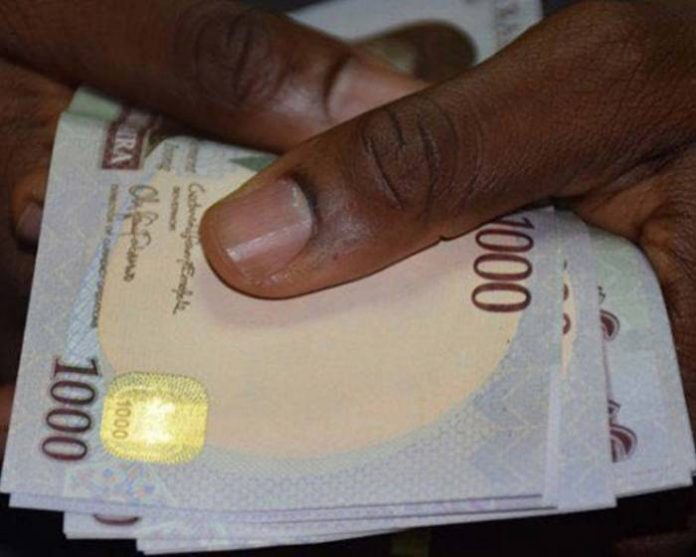An economist, Dr Chijioke Ekechukwu, says the naira will gain strength against the dollar when the Nigeria-China currency swap takes effect.
Ekechukwu, a former Director-General, Abuja Chamber of Commerce and Industry, expressed the view in an interview with the News Agency of Nigeria (NAN) in Abuja.
According to him, the exercise is expected to reduce pressure on the dollar as letters of credit and other valid payments for imports from China will be in the Chinese currency.
”Foreign currency availability will no longer delay or impede importation of goods and services, especially from China,”: he said.
Ekechukwu explained that currency swap by its nature is an agreement to exchange currency between two foreign countries or parties.
He added that the agreement involved swapping principal and interest payments of equal value in another currency.
”When there is principal and interest involved, there is a borrowing.
”What it means to Nigeria and Nigerians is that at the agreed repayment date, we have the option to repay in the Chinese currency of renminbi (RMB) as against the U.S. dollar.
‘More foreign exchange in RMB will be available to the Central Bank of Nigeria to fund our importation and foreign settlement needs, especially from China,”” Ekechukwu said.
He, however, cautioned that the swap agreement would lead to unfavourable balance of payment for Nigeria against China.
Ekechukwu noted that local production capacities gained recently in manufacturing, agriculture and the non-oil export might be eroded.
According to him, the agreement is not likely to optimise export promotion and manufacturing as local manufacturers will not be able to compete favourably with imported goods in respect of pricing.
Nigeria and China sealed a currency-swap deal worth 2.4 billion dollars on May 4.
The agreement was secured when President Muhammadu Buhari visited China as part of efforts to grow the country’s economy in 2016.
According to the CBN, the deal will provide local currency liquidity between Nigerian businessmen and their Chinese counterparts.




